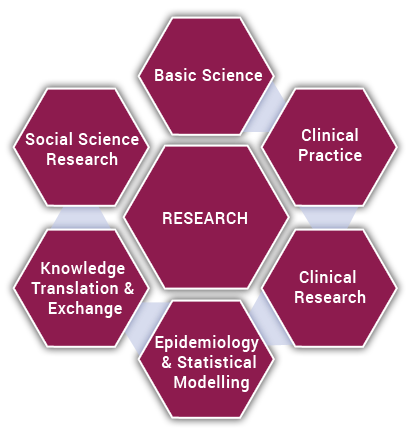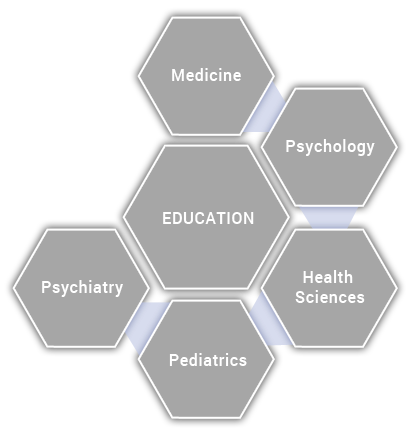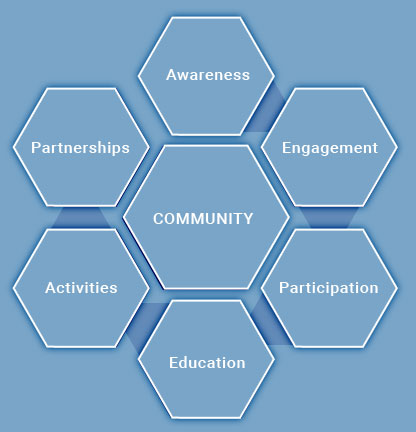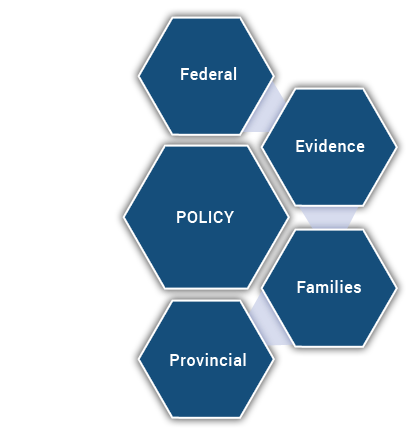April 2nd is World Autism Acceptance Day – a day to encourage autism acceptance beyond just awareness and continue to promote inclusion for the over 75 million Autistic individuals across the world. In Canada, 1 in 50 children and youth aged 1 to 17 are Autistic (PHAC, 2022), necessitating the creation of an inclusive world.
The McMaster Autism Research Team (MacART; www.macautism.ca) is thrilled to recognize World Autism Acceptance Day and the beginning of World Autism Month. MacART is a partnership between McMaster Children’s Hospital, Hamilton Health Sciences, and McMaster University that aims to bridge the research-to-practice gap in autism. MacART is designed to foster collaboration among the individuals, families, researchers, clinicians, educators, and policymakers whose lives and work are touched by autism.
The theme of this year’s World Autism Acceptance Day is Transformation: Toward a Neuro-Inclusive World for All, which highlights the need to move away from the objective of ‘curing’ or conforming to a neurotypical way of thinking and being, and instead move toward accepting, including, and supporting Autistic individuals, as well as joining them in advocating for their rights. This is known as the neurodiversity paradigm, a term coined by sociologist Judy Singer in the late 1990s and based on the notion of respecting the importance of heterogeneity in nature and humanity. When we shift the perspective toward autism acceptance, it is possible to focus more attention on how Autistic people contribute positively to the world.
MacART member and Autistic self-advocate Dr. Mackenzie Salt has been collaborating with several researchers on various projects related to the needs and experiences of Autistic adults. Dr. Salt is co-investigator on a SSHRC-funded research project being led by Dr. Stephanie Ehret, a researcher at Trent University, about experiences of Autistic adults in their interactions with the criminal justice system. This is an area in which there is little information, and the project could help inform a national autism strategy. This project involves a national survey, planned to open in April, asking about experiences Autistic adults have had with, as well as their perceptions of, the criminal justice system. Afterwards, Dr. Salt will facilitate focus groups with Autistic adults to discuss individual experiences in more detail and to further qualify the survey responses. “We don’t know what we don’t know so this is an opportunity to listen and to learn,” he says.
Dr. Salt also spoke recently at the CIHR Health System Impact Fellowship National Cohort Retreat on the topic of Equity and Social Justice in Health Research. He spoke passionately about the situation of Autistic adults in Canada saying, “Autistic adults need to be involved in informing and designing the policy that is meant to support us and will affect us. Since a national autism strategy is being developed, now is the time for increased inclusion of Autistics in these policy and research discussions.”
MacART is committed to furthering the transformation in the narrative around neurodiversity to improve the lives of Autistic people, all in the spirit of advancing autism services and supports through meaningful research.
MacART is proud to be supported by our partners:
- McMaster University
- McMaster Children’s Hospital
- Hamilton Health Sciences & Hamilton Health Sciences Foundation
Click here to download a copy of this statement.




